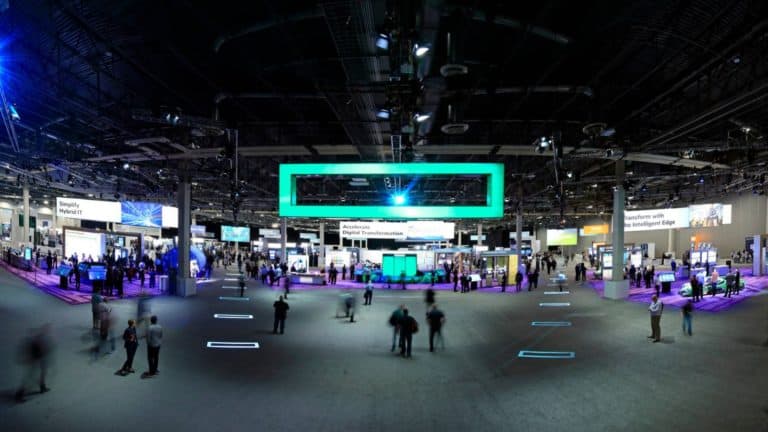Quantum computers are regarded as the new gold and have a promising future. Also according to HPE, but it prefers not to lay all the eggs in one basket. The company explains why it has stopped developing quantum computers and prefers to focus on something else.
According to HPE, a universal quantum computer has a long way to go. Today, 79 qubits is the absolute record, but these are called dirty qubits. To use the quantum computer universally, they say you need 50,000 dirty qubits to get 50 pure qubits that are needed.
That road is long, but HPE believes that we will eventually get there. In the space of fifty years, we have also evolved from 1 transistor to 50 billion transistors on one chip.
The intermediate solution, quantum annealing, can only be used for very specific applications and is now being tested on machines of D-Wave and Fujitsu, among others. Both the quantum computer and quantum annealing operate at -273 °C.
Intermediate steps
HPE believes that there are better intermediate steps to evolve towards a universal quantum computer. Within HP Labs, researchers are working on two techniques: Dot Product Engine (DPE) and Optical Computing. Both techniques focus on improvements where quantum computers are not a solution in the medium or long term.
According to HPE, Optical Computing has a strong focus on the NP-hard problems. More specifically, these are problems that are made exponentially more difficult by numerous variables. This includes optimising aviation, logistics and daily mobility.
DPE is an alternative to today’s Nvidia and Intel solutions and focuses on deep learning, signal processing, graph analytics and streaming analytics. These calculations are only possible when quantum computers can process 50 pure qubits.
HPE stresses that quantum computers will certainly be useful in the medium to long term and does not depreciate the technique, but there are other possible solutions in the meantime.
Related:
HPE combats quantum computers with new optical chips
How HPE with economical neural network chips wants to challenge Intel and Nvidia
This news article was automatically translated from Dutch to give Techzine.eu a head start. All news articles after September 1, 2019 are written in native English and NOT translated. All our background stories are written in native English as well. For more information read our launch article.